Alcohol Smuggler Guled Diriye Navigates Somalia’s Deadly Smuggling Routes
Guled Diriye, a 29-year-old Somali smuggler, sits exhausted in a worn-out chair inside a dilapidated villa in Mogadishu. His sandals are stained with orange desert dust, remnants of his treacherous journey across Somalia’s border with Ethiopia, where he transports illegal alcohol. Despite the dangers, this contraband trade is his lifeline in Somalia’s volatile economy.
“I’m just trying to survive,” Diriye says, his eyes heavy with fatigue. “I make regular trips from the Ethiopian border to Mogadishu to support my family.” For Diriye, smuggling is not just about breaking the law—it’s about survival in a country where opportunities are scarce, and the risks are high.
The Perilous Path of a Smuggler
Diriye is one of many smugglers operating across Somalia’s porous borders. His latest trip took him across the vast Somali desert, where armed militias and government checkpoints dot the landscape. These perilous routes are filled with unpredictable dangers, including attacks by armed groups and deadly landmines.
The use and sale of alcohol is strictly prohibited in Somalia under Sharia law, but a thriving black market exists, particularly among young people in Mogadishu. “It’s illegal, but the demand is high,” Diriye explains. “We risk everything to get alcohol to the capital.”
Somalia’s border towns—such as Abudwak, Balanbale, and Galdogob—are key transit points for the illicit trade. Alcohol is usually smuggled from Ethiopia’s capital, Addis Ababa, before making its way to towns in the Ogaden region, which shares deep cultural and linguistic ties with Somalia.
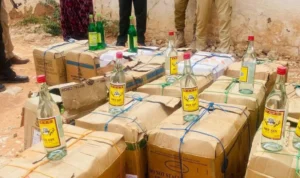
“The alcohol comes from Addis and moves through Jigjiga in the Ogaden,” Diriye says. Once it crosses into Somalia, it’s loaded onto trucks like Diriye’s, concealed beneath shipments of vegetables or other goods.
A Dangerous Journey to Mogadishu
Smuggling alcohol through Somalia’s rural hinterlands is fraught with danger. Clan militias, al-Shabab fighters, and rogue armed groups patrol the region, adding to the tension. “You can never travel alone,” Diriye admits. “Death is always on our minds.”
To navigate these dangers, smugglers like Diriye rely on local knowledge and connections. His team consists of men from different clans, allowing them to negotiate with various militias that control different stretches of road.
The stakes are high. If caught, smugglers face arrest or worse—execution by extremist groups like al-Shabab, who enforce strict Islamic laws. Diriye recalls the chilling memory of a fellow smuggler who was shot dead during one such encounter. “We all know the risks, but for some of us, there is no other option,” he says.
The Shadow Economy of Alcohol Smuggling
Despite Somalia’s strict prohibition on alcohol, the underground market thrives. “We move 50 to 70 boxes of alcohol per trip, each with 12 bottles,” Diriye reveals. Concealment is key. Each box of alcohol is hidden among legitimate goods to avoid detection.
The smuggling trade is not without consequences. Communities in border towns like Galdogob have raised concerns about alcohol-related violence. Tribal elder Sheikh Abdalla Mohamed Ali has called for greater action, saying, “Alcohol causes so many evils, like shootings. It’s like living next to a factory that never stops producing.”
Still, for Diriye and others, the trade continues. “I know it’s illegal, but my family depends on me,” he says. With the volatile security situation and Somalia’s economic struggles, the smuggling routes show no signs of closing anytime soon.
A Life of Survival
Guled Diriye’s story reflects the harsh realities of life in Somalia, where survival often means navigating the shadows of legality. As he rests from his latest journey, Diriye prepares for the next dangerous trip—a life on the road, where every turn could be his last.

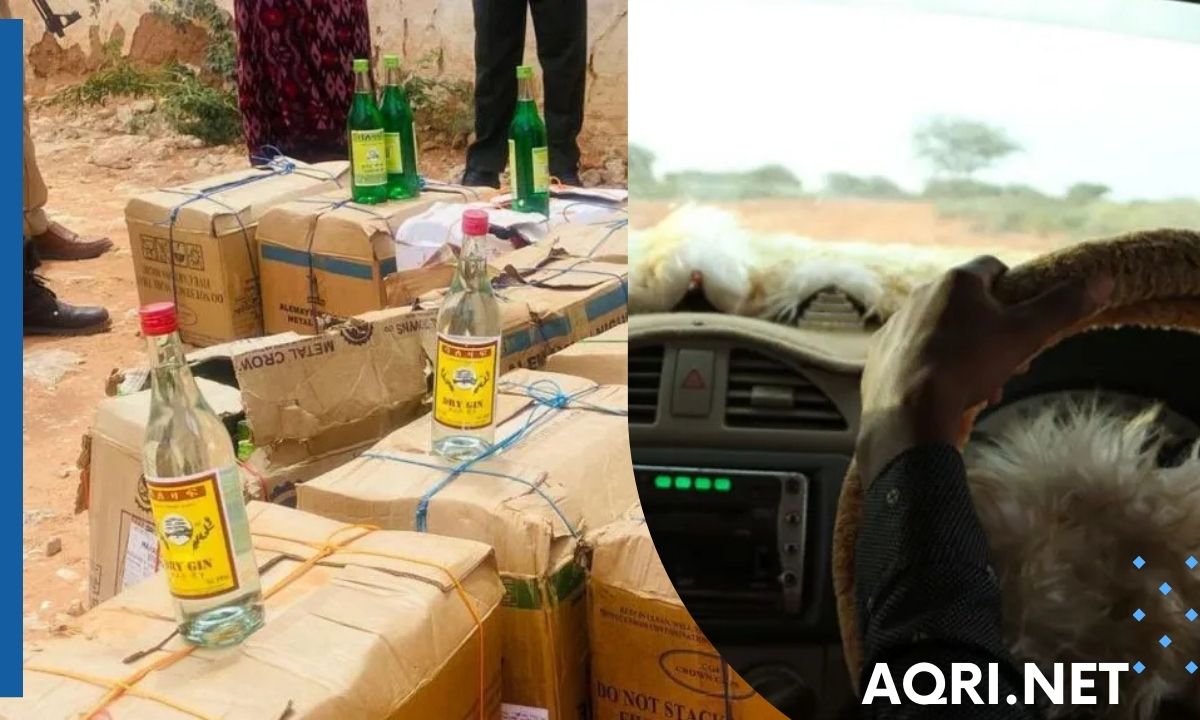

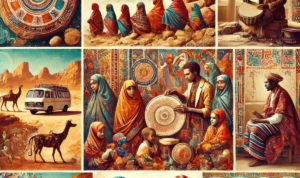

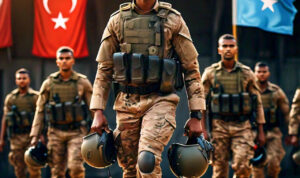

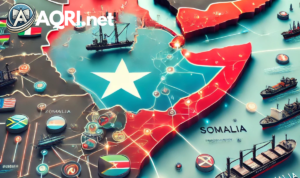
Comment